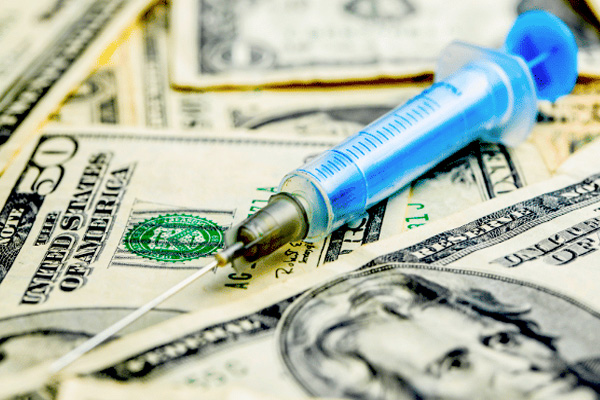LEGALIZE THEM –
Dec. 2021 – Twenty years later, we have just witnessed a historically high annual mortality rate of 100,000 dead from drug overdoses, mostly opioids, and it’s likely an undercount. In what seems to be a sea change, the current Biden administration is now touting harm reduction as one of four key pillars for responding to the opioid crisis. Key harm reduction strategies and lessons learned from around the world typically center on needle exchange programs, naloxone distribution and overdose education, drug testing kits, and supervised consumption facilities where drugs can be consumed more safely. These programs promote health and also often serve as a conduit for eventually shepherding many users into professional addiction treatment.
Are we now in a different era of compassionate, rational policies? Will it work? Many signs point to no. While the Centers for Disease Control and Prevention and the media fixedly track overdose death counts, a bigger reality is that opioid-related overdose events only lead to death around 10 percent of the time—meaning that for every 100,000 dead, there are more than a million overdoses a year. We cannot naloxone our way out of this situation. We cannot supervise the consumption of this many drugs. I remain a devout supporter of needle exchange programs because the beneficial evidence for reducing the spread of infectious disease is voluminous. And there is no credible evidence these programs promote more drug use among active users or entice new initiates to drug use. But access to safe injection equipment is not treatment. To save lives, we need to scale access to treatment. There are four to six million people who need treatment in the US, and all major federal and international agencies agree that effective treatment for opioid use disorder is medication-based (that is, methadone, buprenorphine, or xr-naltrexone). But individuals with opioid use disorder today are more likely to get help from a drug dealer than a doctor. This is not a situation we want to perpetuate.



